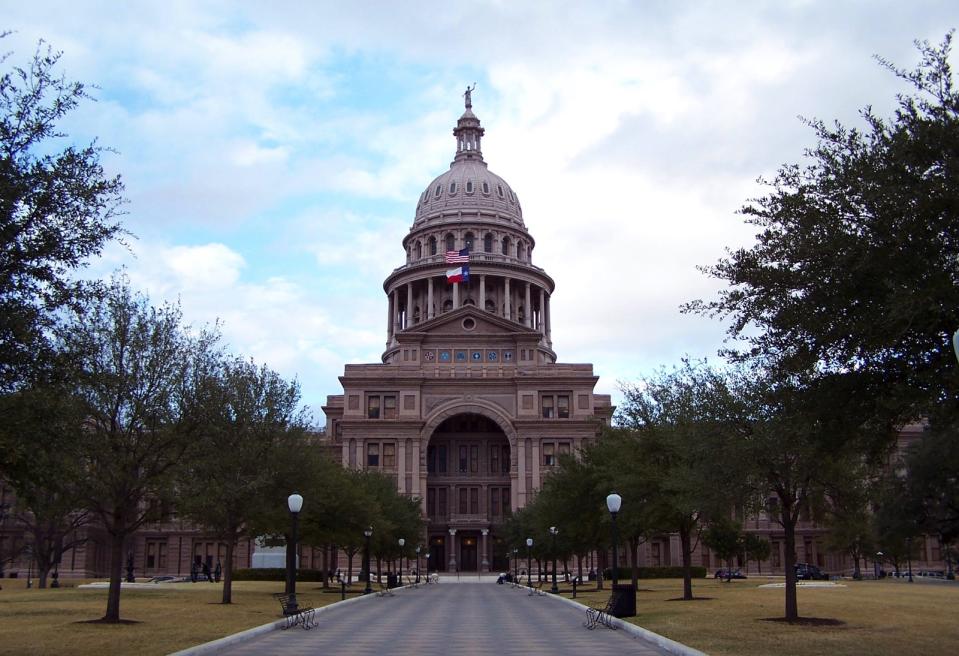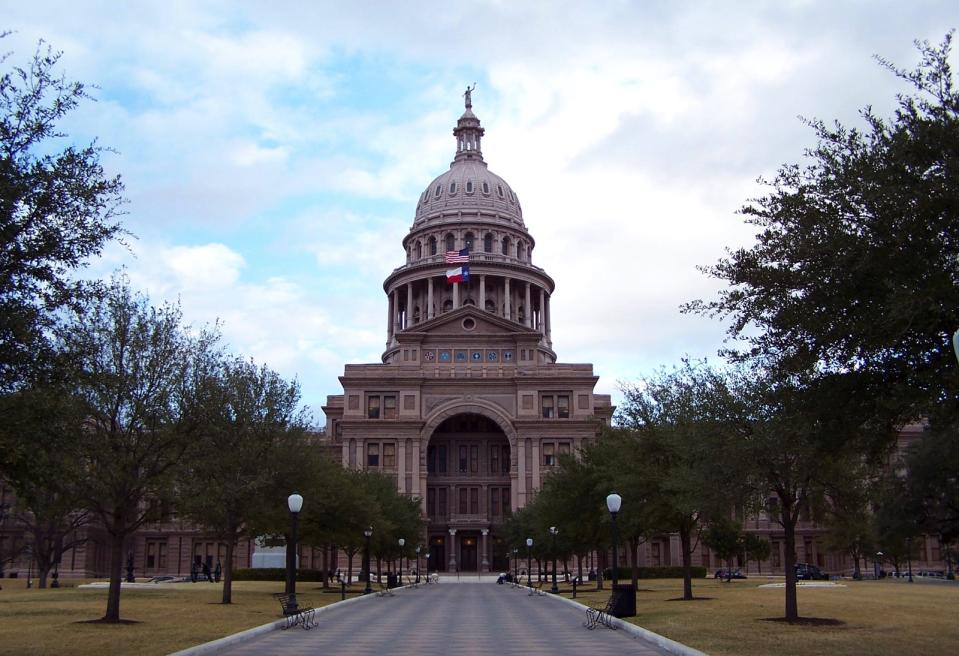Texas court rules 2015 revenge porn law is unconstitutional
The law was too vague in defining the practice and could be applied over-broadly, said the court.
Revenge porn is getting attention across the nation as state, regional and even federal lawmakers wrestle with how to deal with the practice of posting private, intimate photos of people without their permission. A 2015 Texas law that made revenge porn a misdemeanor with up to a year of jail time and a $4,000 fine was struck down by the 12th Court of Appeals as violating the First Amendment. The court also dropped a charge against Jordan Bartlett Jones, who challenged the law after he was denied a Writ of Habeas Corpus last year.
In the ruling, the 12th Court of Appeals said that the law defines revenge porn too broadly and, as such, violates the First Amendment, which Chief Justice James Worthen believes prohibits restrictions on free speech based on its content. In addition, the appeals court felt that the law reached too far in targeting third parties who may have shared intimate photos unknowingly, noted the Texas Tribune. The Texan prosecuting attorney plans to ask the 12th Court to reconsider its decision, and then take the case to a higher court if unsuccessful, according to the Austin American-Statesman



